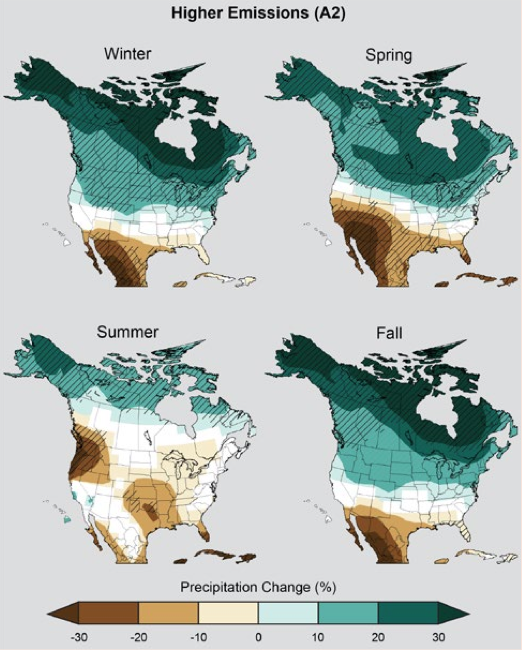fishonjazz
Well-Known Member
Contributor
2018 Award Winner
2019 Award Winner
20-21 Award Winner
2022 Award Winner
2023 Award Winner
2024 Award Winner
2025 Award Winner
Why did you quote my post? Your post had nothing to do with my post you quoted.Okay. Let us back this up a second.
Humans can not change there environment? That's plain dumb right? Like, is that not exactly what humans do by nature? There are very few animals that create structures to temper the environment. Humans are best at it including things like Medicine, which are an extension of environmental tempering. Actually, I should include ants an bees as they are great at controlling there environments in there own sorts way.
The think with CO2 is a evolutionary adaptation. If you are going in to a ice age you warm the planet. If you are getting to hot you cool it off. We can do this if we put are collective efforts to it.
Oh ya I forgot, you are dumb.

